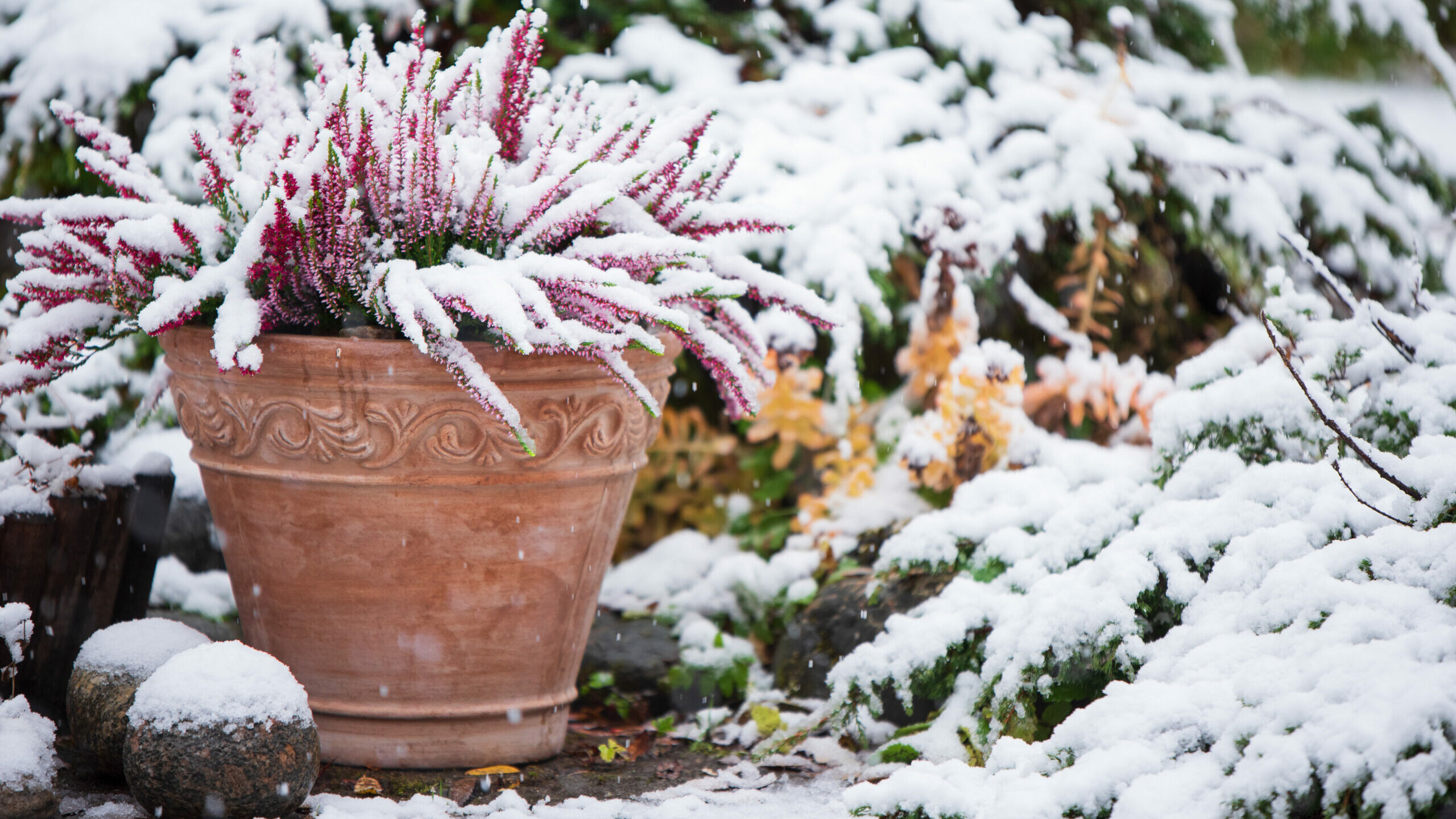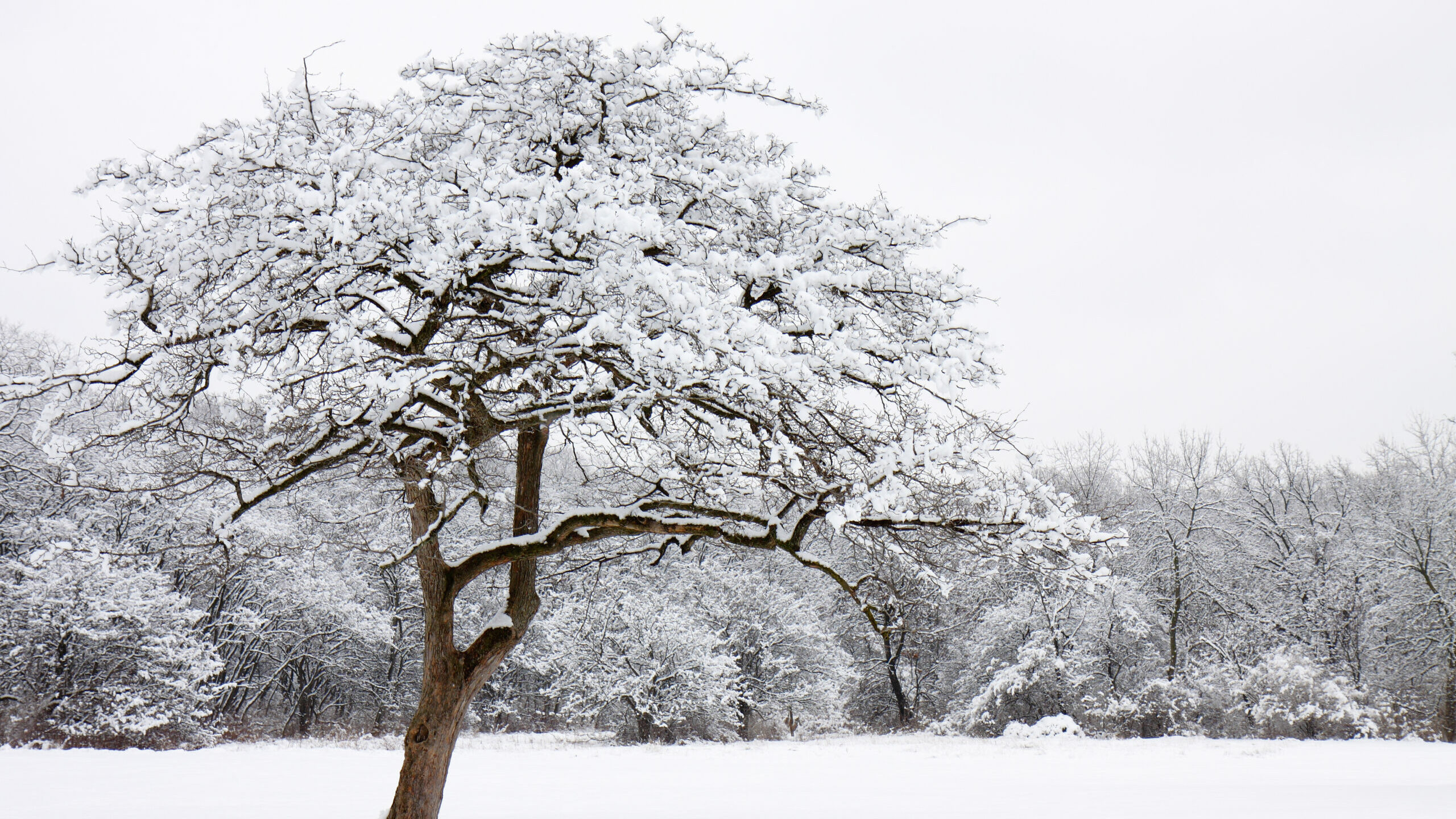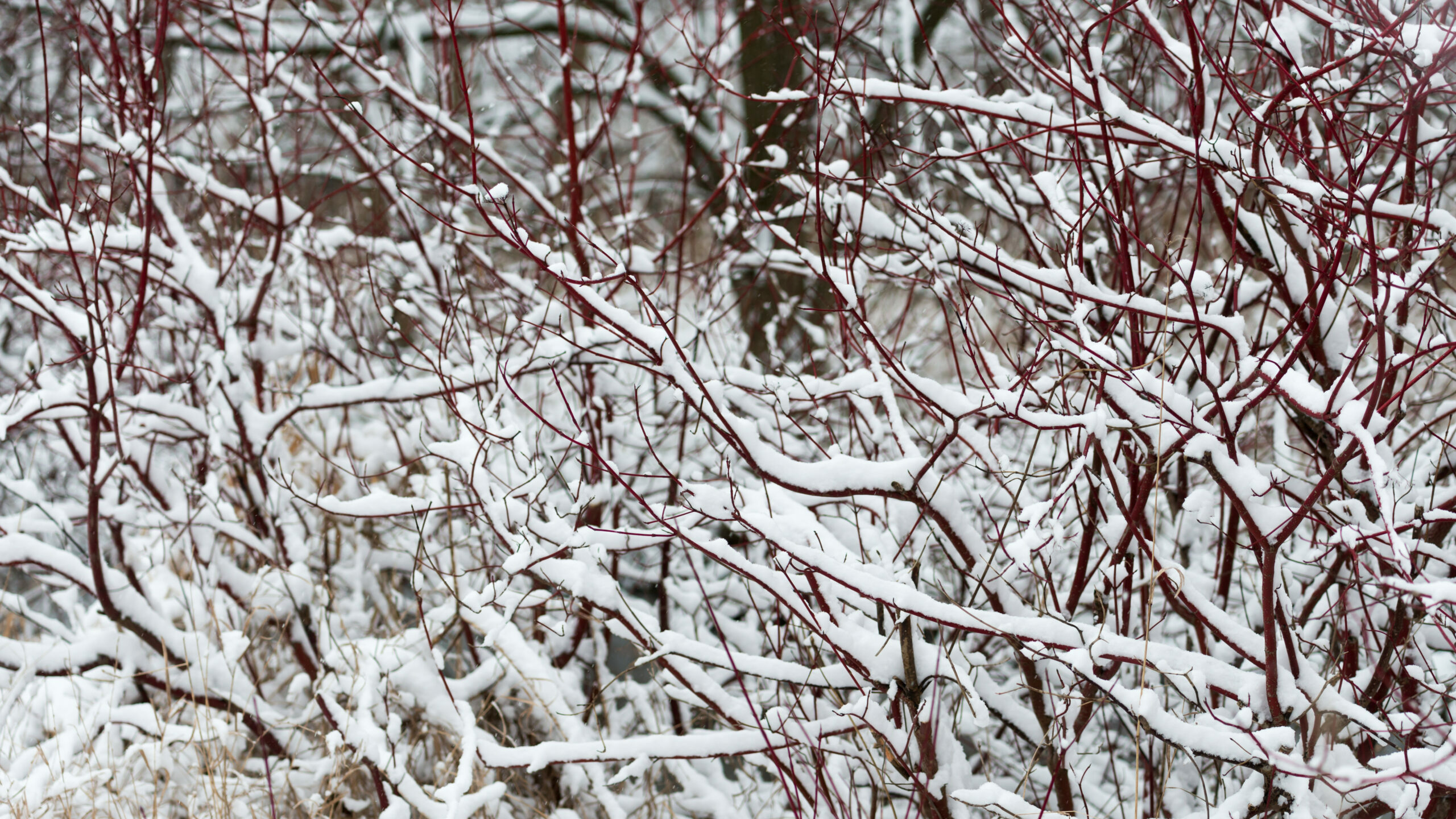Snow offers many benefits to your landscape and garden, allowing plants to thrive during the winter. Read on to learn about how snow contributes to the health and appearance of your landscape.

Snow is an insulator, trapping small amounts of heat from the ground and protecting grass and soil from direct exposure to cold wind and ice. A thick layer of insulating snow will help provide protection during harsh winter weather, keeping your landscape secure, healthy, and ready for blossoms come springtime.

Snow provides essential hydration for the plant roots and bulbs by slowly releasing moisture into the soil when it melts, a process many trees require during winter. The bottom layer of snow will penetrate the ground and provide hydration without the risk of freezing. Adequate moisture in the soil in the early spring is critical for a healthy lawn, grass, and plants. Additionally, snow adds nitrogen to the soil as it melts. When snow collects on thawed soil, it slowly releases nitrogen into the soil, acting as a natural fertilizer.

A visual benefit of white snowfall is its ability to enhance the beauty of winter in trees, shrubs, and other plants. Specific trees and shrubs, such as red twig dogwood and river birches, are much more pronounced, displaying beautiful organic colors and unique textures against winter hues. Additionally, ornamental grasses, like pampas, have fluffy plumes that look wonderful with a dusting of frost or snow, and evergreens contrast with the season’s bright colors, appearing greener when blanketed in snow.
Snow offers advantages to your plants, including protecting your landscape during the harsh winter weather, providing moisture and nutrients, and beautifying your winter flora. If you need help maintaining your landscape for spring, give us a call at 302-661-1950.
